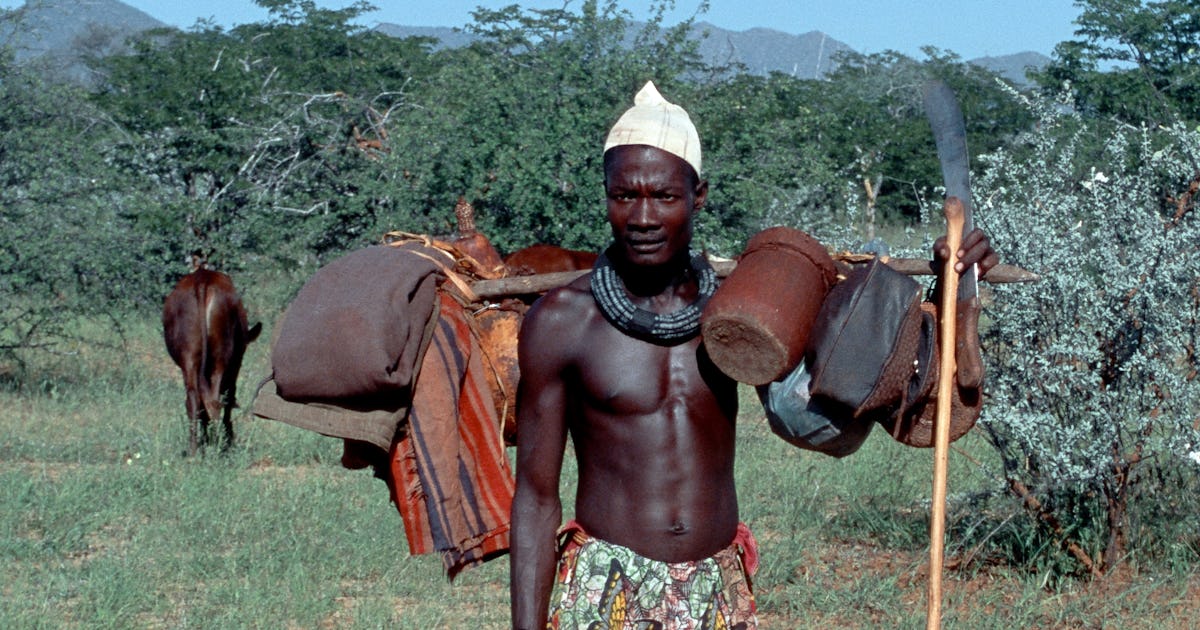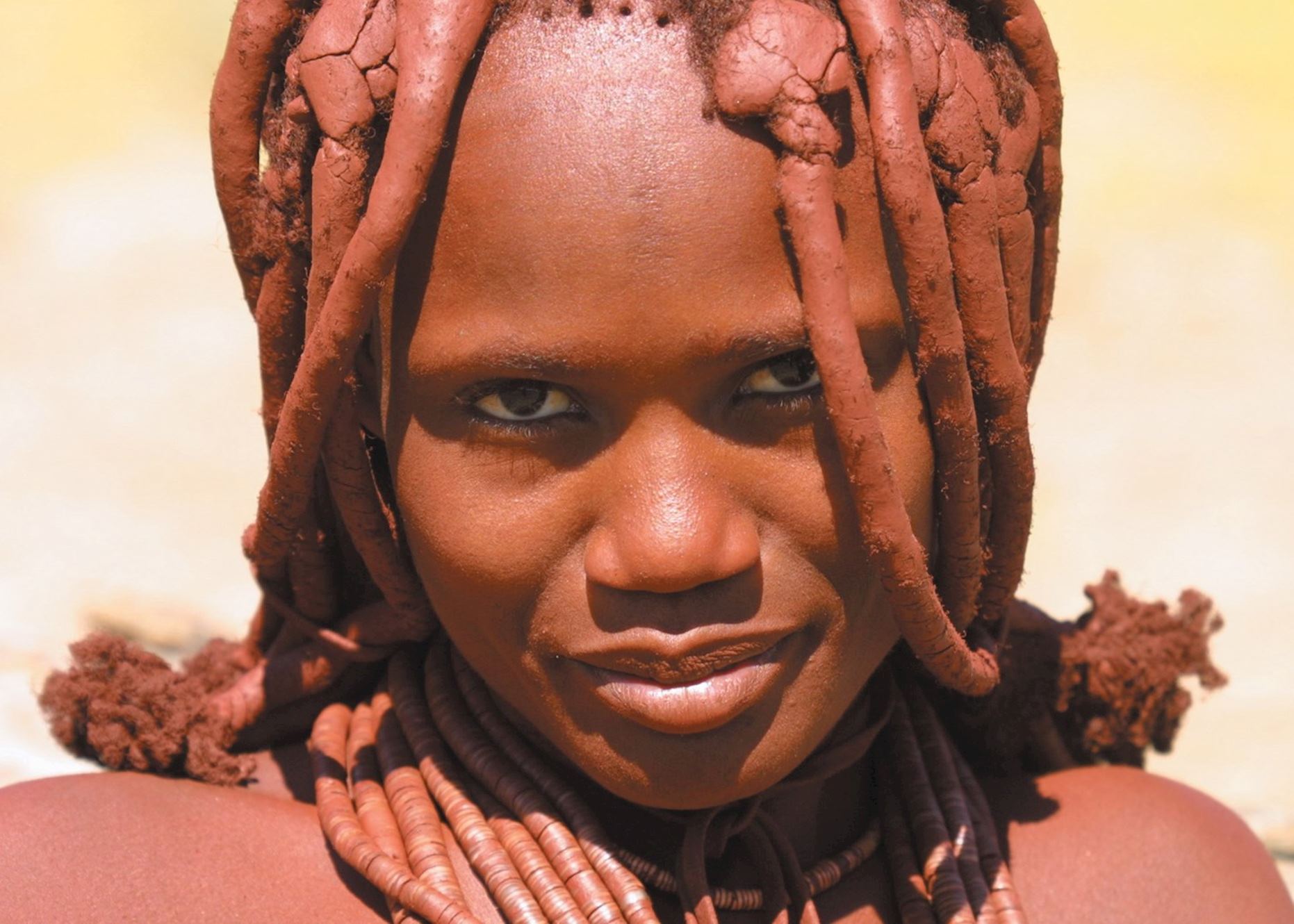They survived epidemics. They survived mass killings. They are a pastoral, semi-nomadic tribe from northern Namibia called the OvaHimba. Despite their fortitude, the “Himba” appear powerless to postpone their capitulation to the nation’s modernisation, and today, new problems related to climate change are emerging.
The Ovahimba and Ovazimba tribes in Northern Namibia’s Kunene and Omusati regions have a strong culture that has resisted pressure from the west
In this community of more than 50,000 people, the women take care of the children, milk the cows, and perform other heavy tasks while the men go hunting, often leaving for a long time.

The number of cattle one owns determines one’s wealth among these nomads. Himba women, who practise polygamy, are married off to male partners chosen by their fathers once they reach puberty.

The tribe’s women are the symbol of the Himba way of life. The women cover their bodies with red powder called, the otjize paste (a combination of butterfat, omuzumba scrub, and ochre) and its function is to protect their skin from the sun and insect bites. They are also influenced by the notion that red denotes “Earth and blood.” The women apply fragrant resins to their skin and take a smoke bath instead of taking a bath. They use mud to arrange their hair and adorn themselves with handmade jewellery.

Giving the Okujepisa Omukazendu treatment to a visitor who comes knocking is one way a man might express his acceptance and happiness upon seeing his visitor. By following this custom, the husband practically gives his wife to the visitor to stay the night while he sleeps in another room. Her husband will sleep outside if a room isn’t available.
This passed-down custom has its “benefits” for the neighbourhood: it lessens jealousy and promotes relationships. The woman’s input into decision-making is minimal to nonexistent.
She first submits to her husband’s requests. She has the choice to refuse to sleep with him, but she will still have to share a room with the visitor. She has the right to introduce her spouse to her friends when they come to visit, but this rarely happens
The Himba have inhabited desert settlements for ages. Many people today relocate to urban areas in search of better employment and educational prospects

